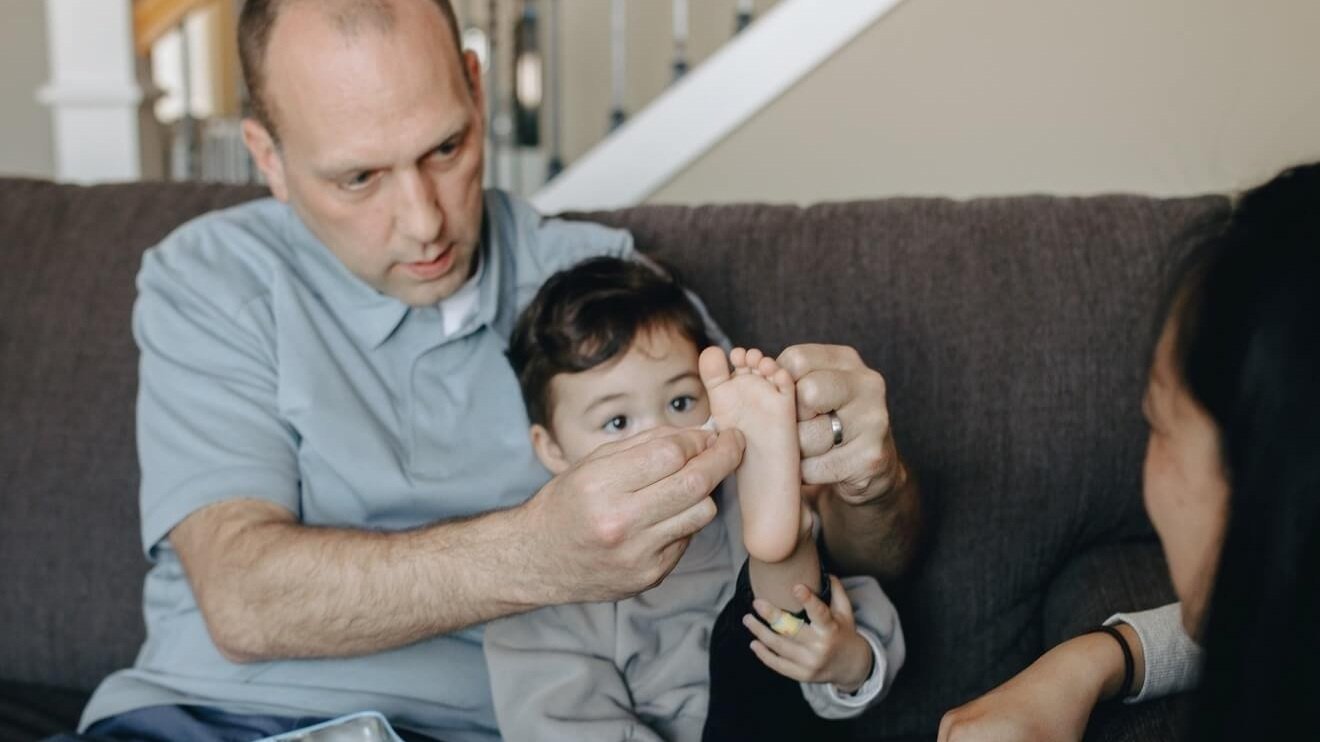AEDs in schools Defibrillators to be in every school by 2023
The BBC published some hopeful, and long awaited news this morning centring around defibrillators (AEDs) being placed in schools.
“School defibrillators: State schools to receive life-saving devices by 2023”
Automated External Defibrillators (AEDs) are not just medical devices; they are lifelines in emergencies, particularly in school settings where the health and safety of children and young people is paramount. Statistics show that early intervention in cases of cardiac arrest can dramatically increase the chances of survival, highlighting the need for AEDs in schools to be readily available.
The Inspirational Journey of The Oliver King Foundation
The Oliver King Foundation, established in memory of Oliver King who tragically lost his life due to a cardiac arrest during a swimming lesson, has been at the forefront of this initiative. The foundation, led by Oliver's parents Joanne and Mark King, has been a beacon of hope and perseverance. They have tirelessly lobbied for policy changes and raised awareness about the importance of having AEDs in schools.
Since 2012 Oliver’s parents and family have pushed and fought to get their story known to government and to start to effect change. They got backing from over 250 MP’s and secured a change of government policy in 2013 whereby the department of education began advising all schools had a defibrillator on site as part of their first aid kit equipment.
Understanding AEDs in schools and Their Lifesaving Capabilities
AEDs are designed for simplicity, allowing even those without medical training to provide immediate assistance if a person goes into cardiac arrest. Their role in the chain of survival – including early recognition, CPR, defibrillation, and post-resuscitation care – is crucial. Real-life stories where AEDs have saved lives in schools underscore their importance.
Early defibrillation is a key element of the chain of survival. This is a chain of events which if followed can greatly improve survival rates from cardiac arrest.
The Oliver King foundation have done so much for both schools and the wider communities. For example, supporting Arriva bus depots in Merseyside to receive defibrillators, and the training on how to use them. They have also since joined forces with Jamie Carragher’s 23 Foundation. The 23 Foundation assists community groups and non-profit organisations that support and offer services to young people in addition to helping sick, disabled, and underprivileged children. Mark King himself, has personally delivered over 5,900 defibrillators across the country to schools. More than 135,000 staff have been trained in defibrillator awareness across the country.
Training: The Key to Effective AED Use
While having AEDs in schools is a critical step, it is equally important to ensure that staff and potentially older students are trained in using these devices and performing CPR. We offer a variety of accredited first aid training courses aimed at a variety of business.
Expanding the Impact: Community Awareness and Collaboration
The initiative's reach extends beyond school gates, fostering widespread community awareness about cardiac emergencies and the importance of AEDs. Partnerships with other foundations, including Jamie Carragher’s 23 Foundation, have amplified the impact, helping to provide defibrillators and training to other community sectors.
A Beacon of Hope in Challenging Times
In these uncertain times, the successful campaign for AEDs in schools stands as a beacon of hope and a testament to human resilience and determination. It’s a reminder of the good in the world and the power of community spirit in creating positive change.
Get Involved: Your Support Can Make a Difference
We encourage our readers to support these life-saving initiatives. Whether it's participating in training programs, spreading awareness, or contributing to these foundations, every effort counts. Together, we can ensure that our schools and communities are safer and better equipped to handle emergencies.
Some other fantastic charities and organisations dedicated to saving the lives of others and raising awareness of SADS.
https://www.c-r-y.org.uk/about-us/
“Since its formation in 1995, Cardiac Risk in the Young (CRY) has been working to reduce the frequency of young sudden cardiac death (YSCD). CRY supports young people diagnosed with potentially life-threatening cardiac conditions and offers bereavement support to families affected by YSCD.”
“The cardiac charity SADS UK aims to save lives, providing information, funding research and medical equipment to prevent premature sudden cardiac death. Working in the areas of Research, Prevention and Emergency Care lives have been saved as a direct result of the work of SADS UK.”







